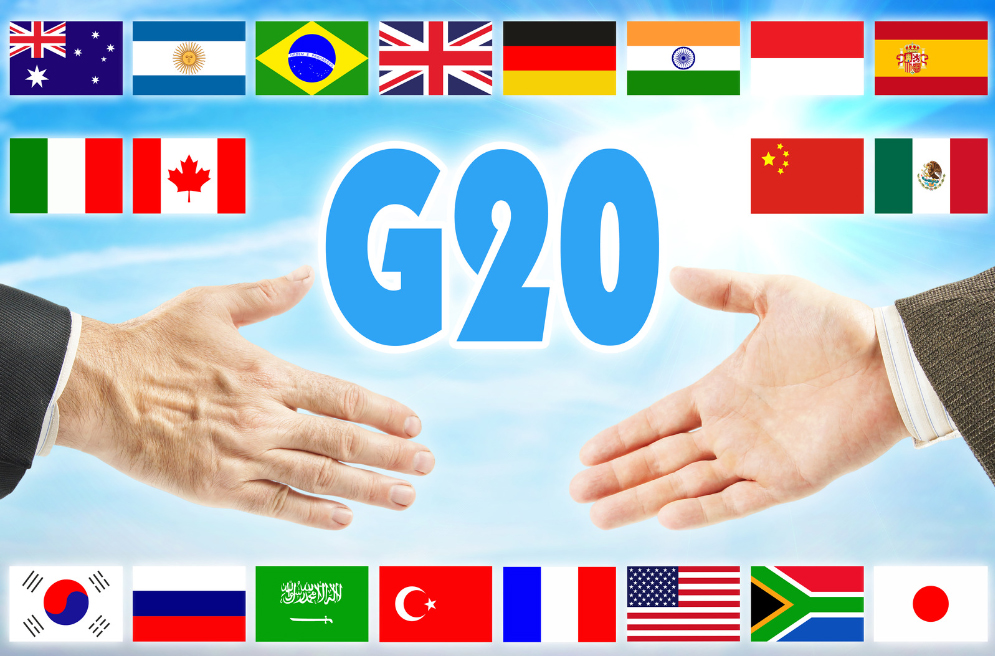MUMBAI, Dec 14: The day two of G-20’s development working group (DWG) meeting underway in the financial capital witnessed substantive discussions on the key priorities set forth by India, a release said on Wednesday.
The closed-door deliberations kicked-off with an address by Foreign Secretary Vinay Mohan Kwatra, who highlighted India’s responsibility as the voice of the ‘Global South’ to represent developing countries’ interests, as per the statement.
“We, on our side, resolve to take forward and strengthen consensus on key global issues in the G20,” the statement quoted Kwatra as saying.
India’s DWG co-chairs Nagraj Naidu and Eenam Gambhir opened discussions by outlining India’s priority areas and set the context for discussions within significant global setbacks to the sustainable development goals, it said.
India’s G-20 sherpa Amitabh Kant had earlier said that forming a consensus on the ‘Life’ agenda, which seeks to help the planet by resolving to change lifestyles was one of the key priorities for the country at the DWG along with illustrating successes on data for development and digital fronts.
The discussions, which came a day after a public meeting and a dinner hosted by the host state Maharashtra which included a light and sound show at the Gateway of India, covered issues including India’s proposals and also immediate developmental impacts of current disruptions in food, energy and financial markets, it said.
In the second half, discussions were held on accelerating progress on SDGs, where India stressed on a greater voice for developing countries in multilateral institutions and processes, it said
There were also presentations by the Organisation for Economic Co-operation and Development (OECD) on cascading impacts of gender discrimination and International Labour Organisation (ILO) on just green transitions and digital transformation.
OECD’s Federico Bonaglia said addressing gender discrimination will add USD 6 trillion to the global GDP, while ILO’s Moustapha Kamal Gueye said a transition to circular economy has the potential to create 100 million ‘green jobs’ by 2030, as per the statement.
Bottlenecks for accessing sustainable finance, another stated agenda for India, were also discussed at the deliberations, along with other issues like need to strengthen efforts to achieve gender equality through employment, education and steps needed to bridge digital divides globally, it said. (PTI)


